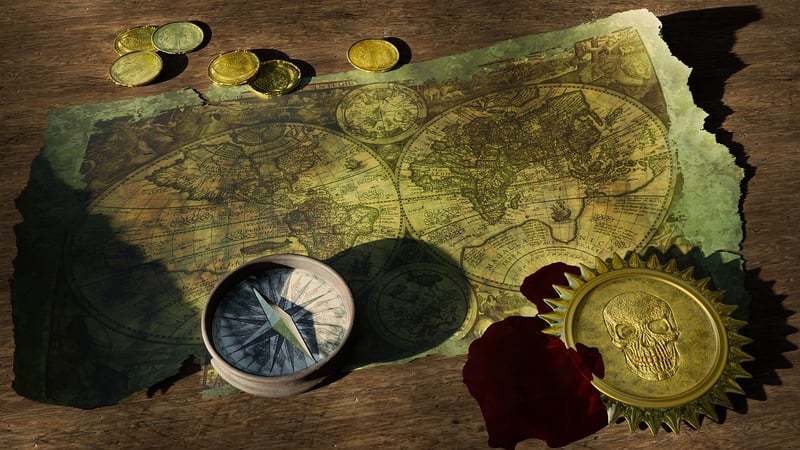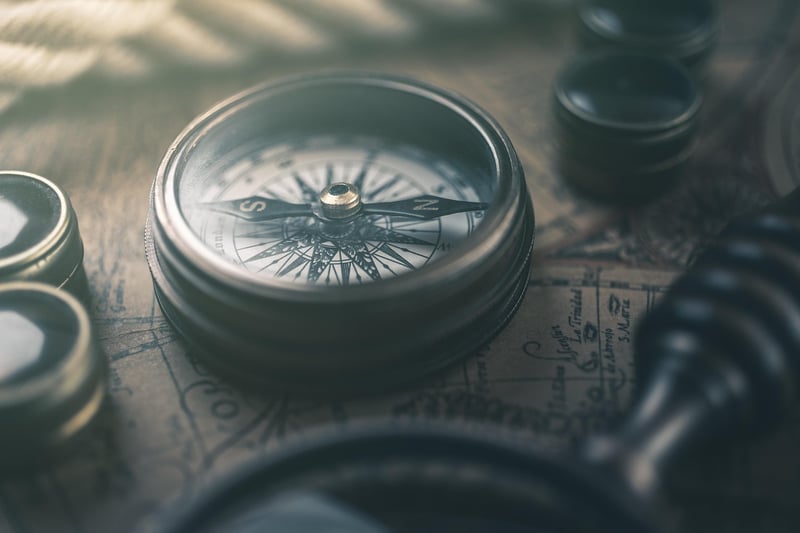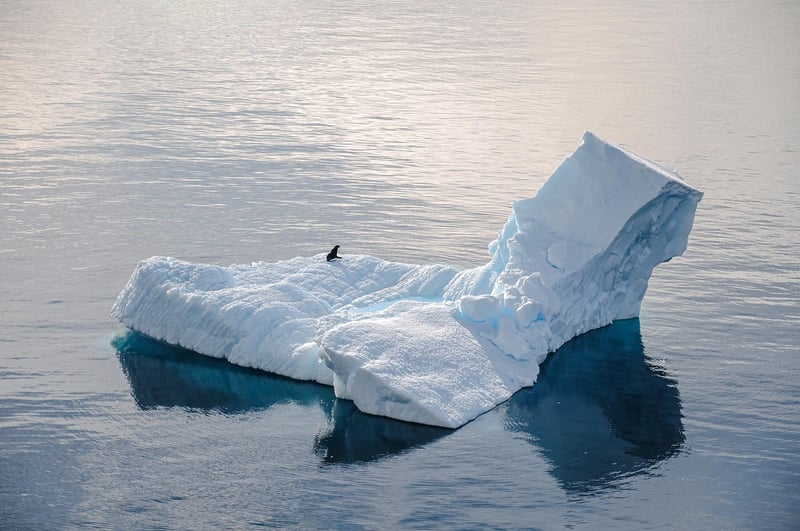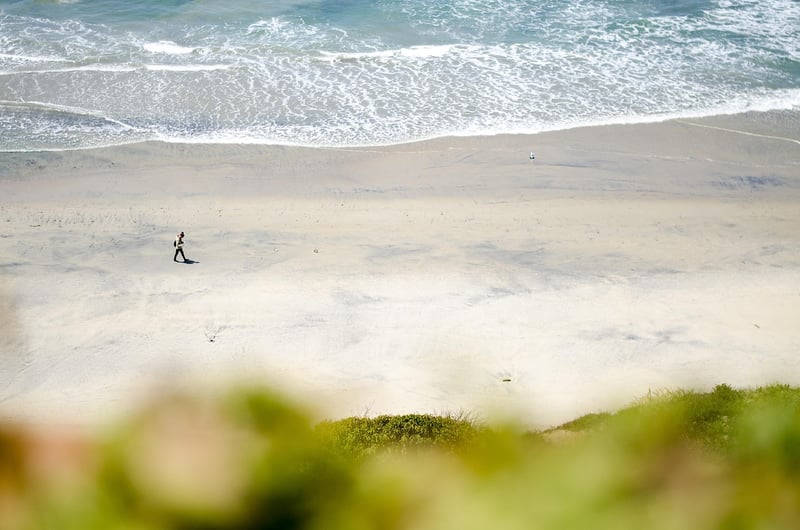Future Exploration
The Evolution of Exploration Through Different Eras
Exploration has been a fundamental part of human history, driving us to discover new lands, cultures, and technologies. From ancient times to the modern era, individuals and societies have embarked on exploration journeys that have shaped our world. Let's dive into the different eras of exploration and how they have paved the way for future exploration.
Ancient Exploration
Ancient civilizations such as the Phoenicians, Egyptians, Greeks, and Romans were early pioneers of exploration. They navigated the seas, established trade routes, and expanded their empires through exploration. The discovery of the New World by Christopher Columbus in 1492 marked a significant turning point in global exploration.

Age of Discovery
The Age of Discovery in the 15th to 17th centuries saw European explorers like Vasco da Gama, Ferdinand Magellan, and James Cook circumnavigate the globe, mapping new territories and establishing colonial empires. This era laid the foundation for global trade and cultural exchange.

Modern Exploration
The modern era of exploration, fueled by advancements in technology, witnessed expeditions to the poles, deep-sea exploration, and space exploration. Pioneers like Roald Amundsen, Jacques Cousteau, and Neil Armstrong pushed the boundaries of human exploration to new frontiers.

Future of Exploration
As we look to the future, exploration continues to evolve with missions to Mars, deep-space exploration, and advancements in ocean exploration technology. Scientists, astronauts, and researchers are working towards uncovering the mysteries of the universe and expanding our understanding of the world we live in.

Exploration has always been a driving force for human progress, leading to discoveries that have reshaped our understanding of the world. As we venture into new frontiers, the spirit of exploration continues to inspire us to push the boundaries of what is possible.
